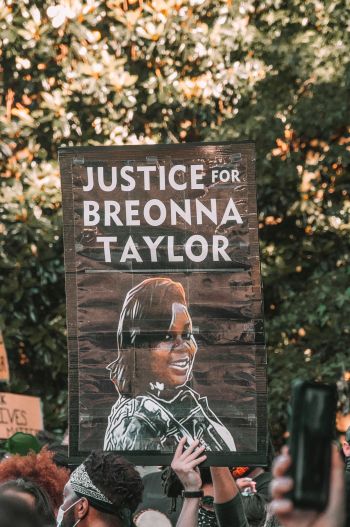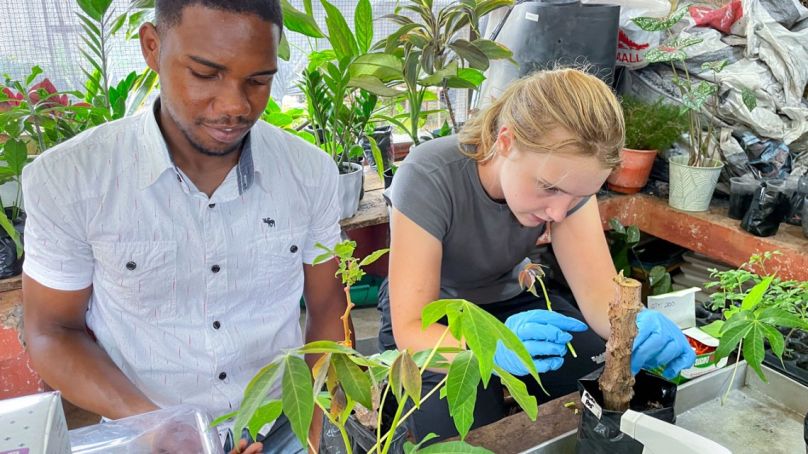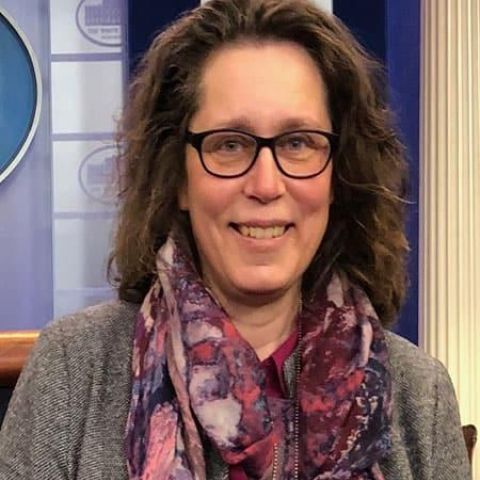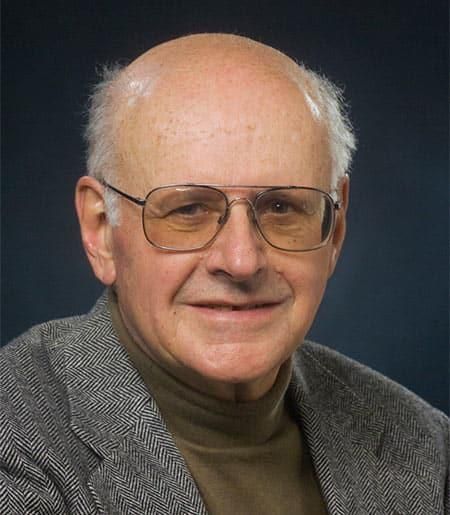Reppy Institute for Peace and Conflict Studies
Officer’s Guilty Plea in Breonna Taylor Case Raises Questions about Possible Cooperation with Feds

Joseph Magulies, PACS
“The mere fact that the feds got involved as a separate prosecution is unusual. Most cases of police shootings, even with multiple co-defendants, do not lead to federal charges,” says Joe Margulies, professor of law.
Additional Information
Cornell Global Hubs

20 partner universities in 11 locations
New initiative expands opportunities, provides infrastructure, and greases the wheels for faculty, alumni, and students across the university.
Additional Information
Christine Leuenberger

PACS Steering Committee Member
Additional Information
Program
Role
- Faculty
- PACS Steering Committee
- PACS Minor Field Instructor
Contact
Email: cal22@cornell.edu
Eun A Jo, Reppy Graduate Fellow, writes about Memory, Institutions, and the Domestic Politics of South Korean–Japanese Relations in the International Organization

Recipient of the Jesse F. and Dora H. Bluestone Peace Studies Fellowship, Eun A discusses how collective memory shapes politics in the domestic and international spheres.
Additional Information
Dr. Kurt Gottfried, Co-Founder of the Union of Concerned Scientists, passes away

He was an advocate of nuclear arms control, human rights, and scientific integrity.
Additional Information
Estonia and Latvia Leave China's 16+1 Trade Group for Central and Eastern European Nations

Sarah Kreps, PACS/IES
“The two countries are trying to signal very clearly that they’re in the pro-democracy camp, and they don’t want to be aligned with countries that are seen as acting in opposition to democracy,” says Sarah Kreps, professor of government and law.
Additional Information
Fall 2022 Student Info Sessions

Einaudi student information sessions are here! Join us to get the inside scoop about Einaudi minors, funding opportunities, Fulbright, summer language programs, and much more.
Additional Information
Info Session: Fulbright Opportunities for Undergraduates

October 12, 2022
4:45 pm
The Fulbright U.S. Student Program supports college graduates conducting research or teaching in any field in more than 150 countries. Join this Einaudi Center Student Info Session to find out if Fulbright is right for you!
Applications are due in the fall. Students who wish to begin the program immediately after graduation should start the application process in their junior year.
The Einaudi Center administers the Fulbright program at Cornell. As the home of Cornell’s Fulbright program, we offer all the resources that students need to apply for prestigious Fulbright international study and research funding. Learn more about Fulbright at Cornell.
***
Contact: fulbright@einaudi.cornell.edu
Additional Information
Program
Einaudi Center for International Studies
Reppy Institute for Peace and Conflict Studies
East Asia Program
Southeast Asia Program
Latin American and Caribbean Studies
Institute for African Development
Institute for European Studies
South Asia Program
Info Session: Laidlaw Leadership and Research Program

September 13, 2022
4:45 pm
The Laidlaw Undergraduate Leadership and Research Program promotes ethical leadership and international research around the world—starting with the passionate leaders and learners found on campuses like Cornell.
Open to first- and second-year students, the two-year Laidlaw program provides generous support to carry out internationally focused research, develop leadership skills, engage with community projects overseas, and become part of a global network of like-minded scholars from more than a dozen universities.
Join this Einaudi Center Student Info Session to learn more about the program and application process. We’ll also share tips for approaching potential faculty research mentors and writing a successful application.
***
Contact: laidlaw.scholars@cornell.edu
Additional Information
Program
Einaudi Center for International Studies
Reppy Institute for Peace and Conflict Studies
East Asia Program
Southeast Asia Program
Latin American and Caribbean Studies
Institute for African Development
Institute for European Studies
South Asia Program
Info Session: Einaudi Research Travel Grants

November 9, 2022
4:45 pm
The Einaudi Center's Research Travel Grants for Graduate Students provide international travel support for Cornell graduate students conducting short-term research or fieldwork outside the United States.
If you’re traveling between the United States and a host country for activities directly related to your dissertation or thesis research, Einaudi can help you get there. Join this Einaudi Center Student Info Session to find out more.
Additional Information
Program
Einaudi Center for International Studies
Reppy Institute for Peace and Conflict Studies
East Asia Program
Southeast Asia Program
Latin American and Caribbean Studies
Institute for African Development
Institute for European Studies
South Asia Program
